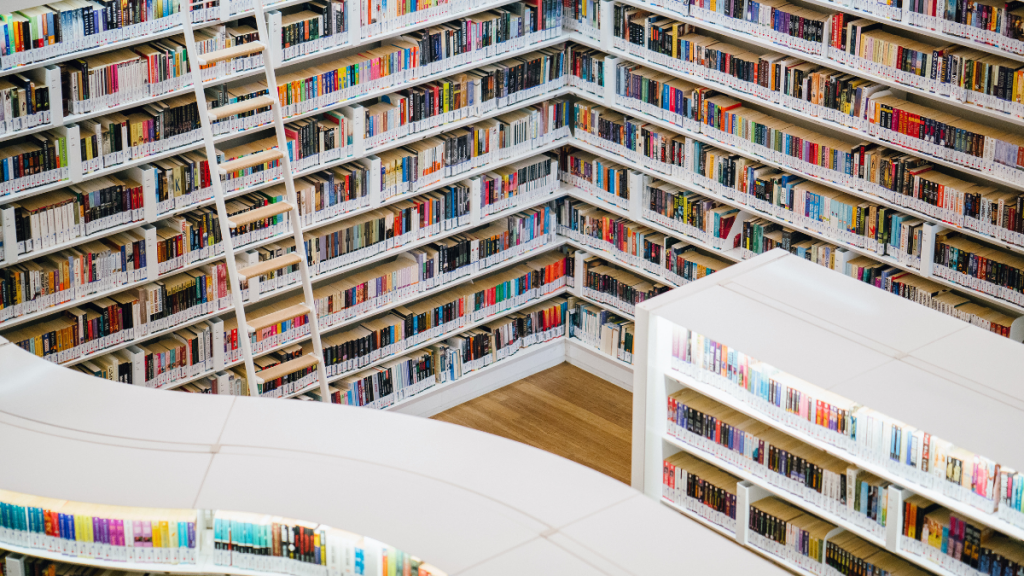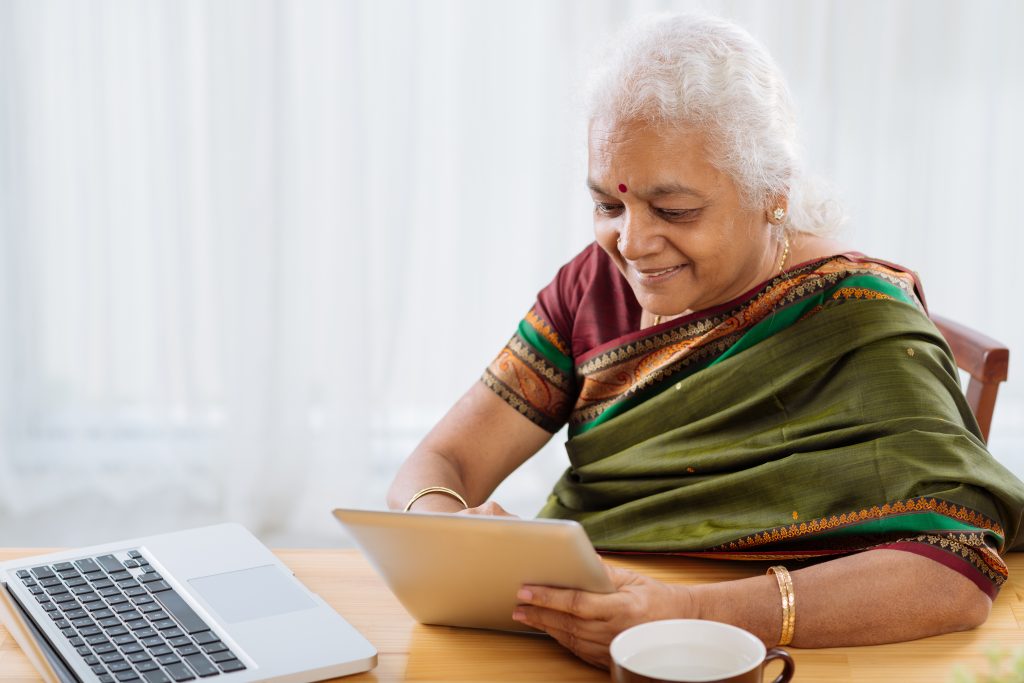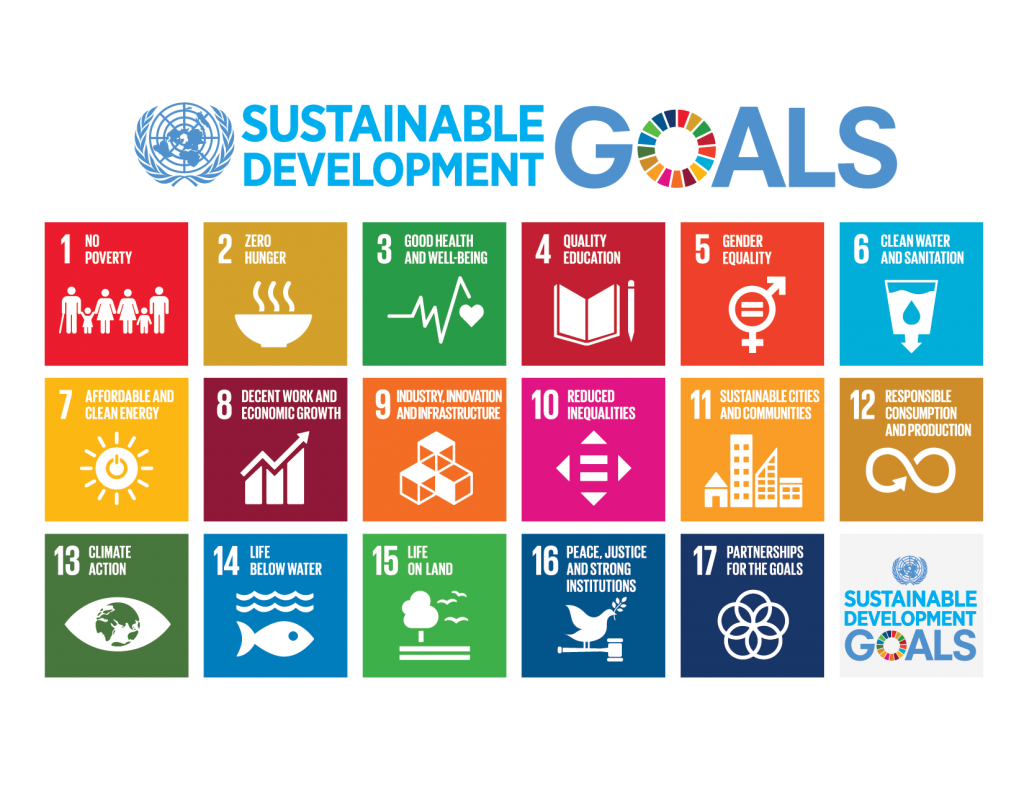Libraries are a great resource when it comes to learning, says Stephen Wyber of the International Federation of Library Associations and Institutions.

When we talk about infrastructure, we tend to think of roads, railways, cables and other physical networks crossing the landscape, enabling economic activity and growth. But the term can be extended to other areas that provide people with ways to achieve their goals, such as culture, research, and, of course, learning.
This blog looks at the last of these – the infrastructure for learning, throughout life. In particular, it considers the role of libraries both as providers of support and as partners and platforms for others, and looks at how to make the most of the unique characteristics of libraries as public, non-commercial, well-known and trusted community spaces. Continue reading



